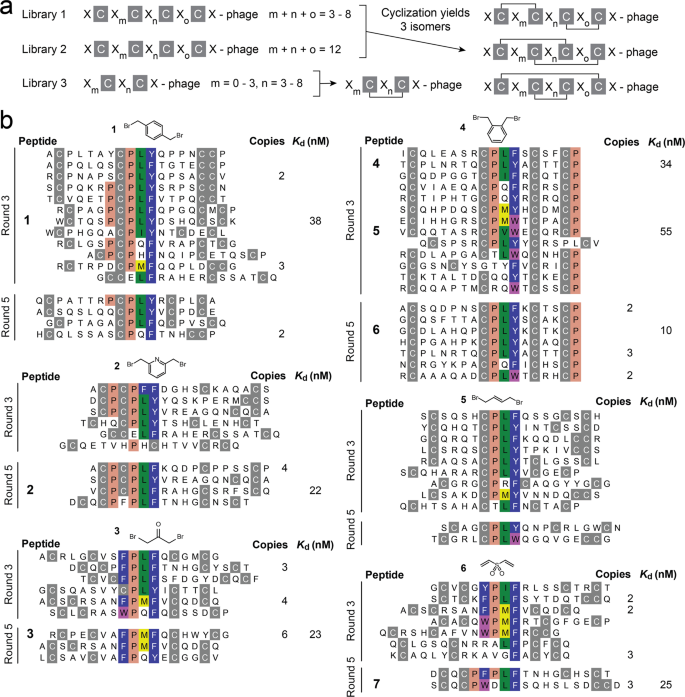2023-05-17 フィンランド・アールト大学
◆増強技術は、私たちの身体的、認知的、感覚的な能力を向上させるために一般的に使用されています。しかし、これらの技術に対する期待が高まると、人々の行動が変わる可能性があります。
◆アールト大学のロビン・ウェルシュ准教授と彼の同僚たちは、人々の意思決定とリスクテイキングの行動を測定するために、心理学の実験であるコロンビアカードタスクを使用しました。実験では、参加者にAI制御の脳-コンピュータインターフェース(プラシーボ)が認知能力を向上させると信じ込ませました。
◆しかし、実際にはプラシーボは効果がなく、参加者のほとんどは増強が彼らのパフォーマンスを向上させたと信じ込みました。これにより、彼らはよりリスキーな行動を取るようになりました。
◆研究者たちは、これらの技術に対する誤った期待がリスクテイキングに実際の影響を与える可能性があることを示しています。彼らはまた、誤った期待に基づくリスクテイキングが、整った職業全体に影響を与える可能性があることにも懸念を示しています。
◆このような技術は現実の意思決定に影響を与え、人々の生活、幸福、自信、安全に関与するため、正確な評価と妥当性を確保するためには、プラシーボ対照の研究が必要です。
<関連情報>
- https://www.aalto.fi/en/news/blind-trust-in-enhancement-technologies-encourages-risk-taking-even-if-the-tech-is-a-sham
- https://www.sciencedirect.com/science/article/pii/S0747563223001383?via%3Dihub
人間拡張のプラシーボ効果: 認知機能拡張を予期することでリスクテイク行動が増加する The placebo effect of human augmentation: Anticipating cognitive augmentation increases risk-taking behavior
Steeven Villa, Thomas Kosch, Felix Grelka, Albrecht Schmidt, Robin Welsch
Computers in Human Behavior Available online: 24 April 2023
DOI:https://doi.org/10.1016/j.chb.2023.107787

Highlights
•A sham augmentation technology affects user evaluation (placebo).
•Expectations of improvement for augmentation technology increase risk-taking behavior.
•Participants process information differently with a non-functional augmentation.
Abstract
Human Augmentation Technologies improve human capabilities using technology. In this study, we investigate the placebo effect of Augmentation Technologies. Thirty naïve participants were told to be augmented with a cognitive augmentation technology or no augmentation system while conducting a Columbia Card Task. In this risk-taking measure, participants flip win and loss cards. The sham augmentation system consisted of a brain–computer interface allegedly coordinated to play non-audible sounds that increase cognitive functions. However, no sounds were played throughout all conditions. We show a placebo effect in human augmentation, where a sustained belief of improvement remains after using the sham system and an increase in risk-taking conditional on heightened expectancy using Bayesian statistical modeling. Furthermore, we identify differences in event-related potentials in the electroencephalogram that occur during the sham condition when flipping loss cards. Finally, we integrate our findings into theories of human augmentation and discuss implications for the future assessment of augmentation technologies.


